|
*****Publisher meets Poet*****
Their eyes meet. It is love at first sight, thinks the poet. I'm going to get published! I wonder will it sell thinks the publisher. But the publisher had fallen in love too and decided to go ahead knowing poetry was not the kind of thing the booksellers and distributors he sold to wanted and orders would be slim. Are you famous he asked the writer. No. Oh dear, thought the publisher. When he was trying to fall asleep at night the very hard questions kept raising their ugly heads: Was his business actually just a hobby? A charity? A non-profit? Why was he doing it? So he went to the online, the thing that hadn't existed when he was a young man (he had come of age in the seventies/early eighties — a terrible fashion decade) and asked the clever professor-search-engine (he hadn't a clue what the chatGPT thing was about) to find out if his business was really just a hobby. And he found Josh Kaufman, a self-taught MBA guy who was able to tell him whether his business was a real business. And the writer slept soundly, smiling sweetly to herself, dreaming in rhyme. (pictured — my notes from The Personal MBA by Josh Kaufman — and here is a brilliant video explaining it all) Something has changed in me.
Am more excited reading news articles these days than reading opinions. Why was I so addicted to the opinions of people I don’t know or care for? Because their writing was so good (and well edited/presented by my favourite free-to-read platforms). But in the main I read them because they reflected something close to my own opinion — and dressed up so very nicely. So very entertaining. So, I chugged along , taking brief note of the actual facts in the news, skipping over those depressing facts to rile myself up by reading for laughs the sarcasm and the skewering (in what I thought was my own rather cool echo chamber). Because the writing was so damned good. But suddenly, I find that I am finding the actual news quite fascinating. All on its own. I don't need the filter of an opinion to tell me it it fascinating. It’s news. It’s real. It’s fact. It’s happening. NOW! What was the turning point? During one of the feasts of indulgence over some scandal or other last year, when the outpouring of opinion was bilious — and in some tabloids that bile was being presented as news — NEWS! I decided to check out a free platform — RTE’s website. It was fabulous. Such a relief. Facts. Quiet boring cool facts. No opinions. Very few adjectives. Most opinion is adjectival. So, my New Year’s resolution is to read more news and less opinion. I started this morning with a news item in the Guardian (free platform) written by Agence France-Presse in Moscow. It is uncovering the fact that the laws in Russia are being changed to protect the elected law makers. To protect politicians from the voters knowing too much about their money business? OR To protect the lawmaker's data (is it a GDPR thing)? Dear reader, you decide. Form your own opinion backed up by fact. A summary below and link to the article. FACT: Lawmakers in Russia are being protected from transparency about their personal finances being available to the voters/the people who elected them. FACT: a Moscow court ordered the closure of Russia’s oldest human rights organisation, the Moscow Helsinki Group. https://www.theguardian.com/world/2023/jan/25/russian-mps-vote-to-hide-details-of-their-tax-returns-from-public-view #facts #opinions #reading #writers #politics #AlisonHackett #blog The 6th of January. Little Christmas. Women’s Christmas (Nollaig na mBan). The date on which James Joyce's famous short story, 'The Dead', is set.
It seems** Joyce started sending his manuscript of short stories (Dubliners) to publishers in 1905 – before he'd written The Dead which was to be the last story. London publisher Grant Richards agreed to publish in 1906, but his printer refused to print the book because it contained crude language and in those days any charges of obscenity would have been brought against the printer, rather than the publisher. Joyce completed The Dead in 1907 but 'Dubliners' was rejected four more times before being accepted by a Dublin-based publisher. But, again, the printer wouldn’t comply. This time, an apparent slight to the British royal family in the story Ivy Day in the Committee Room was noted so publication was not allowed. In the end, 1,250 copies of Dubliners were released by Grant Richards in 2014 – the first publisher who had come on board. My poem titled The Dead was published online earlier this year by the literary journal, The Nonconformist. It is immersed in the dream-like space that many poets like to explore, a space of merging fact and fiction; the therapeutic value of writing, for me, is in the processing and articulation of life events some of which I have wished I could change; and so I do change them by writing them differently, creating a new personal history which helps brings my child self into union with my adult reality, a happier sort of analogue person where I am living in the round, no longer compartmentalising the good, the bad and the ugly into their constituent parts. It is all one now and so anger morphs to sadness to joy to laughter to fear to contentment....and on it goes, day by day, one step at a time. I didn't include this poem in my latest collection, 'Sentient', for personal reasons. *You can read the poem online here https://nonconformist-mag.com/the-dead/ **The Irish Emigration Museum website page from where I got much of the info above is here — 5 Things you didn't know about 'The Dead' #poetry #LittleChristmas #TheDead #JamesJoyce #Dubliners #21CR #Irish #writer #publisher Trigger warning. The opinions expressed here will upset some readers. Read at your own risk.
No one wants to be told their baby is ugly. And now Harry and Meghan have shown in their Netflix documentary that from their perspective the royal baby is ugly indeed. Heads up. I am Irish. We have anti-authority stamped into our DNA. I find the concept of royal patronage to be ghastly. Wasn't that the whole point of the French revolution? To ensure political systems treated all men and women equally. A sort of down-with-kings-and-queens moment? But back to Harry & Meghan. You know how to curtsey, don't you, he says to his fiancé; you will have to curtsey when you meet my grandmother. And she provides straight to camera a deep Monty-Python curtesy almost kissing the ground. Tug the forelock, Meghan. We did it for 800 years. It sticks in the throat. At least you are an actor. Much easier to act subservient than really be subservient. The best thing about the six part documentary is a couple so much at ease in their relationship in the Californian climate. Who wouldn’t want to swap the damp and cold of British repression for such joy. This is a couple who have emotional articulacy. Meghan’s mother is the star. A gentle loving mum who cares about her grown up kid. Harry also had a mother (albeit one he lost too young) who helped him learn to recognise his own feelings. To say how he felt. He had unconditional love and touch. That's all most of us need. And then, poor Jeremy Clarkson was triggered. The troubled child in him shouting (and the Sun publishing). What hurts him by the actions of a woman who married one of the royals in the UK? Why does the woman (in this partnership) trigger him more than the man? For me, as a 61 year old woman, it is deeply disturbing to experience such misogyny being celebrated in a British newspaper. We witness a crime: a newspaper whips up hatred and incitement to violence against a female. Why can’t the laws do anything about this? And the Sun/Clarkson go on, gas lighting us all afterwards with the most patronising of non-apologies...oh dear, silly me, I've upset some people. I was clumsy. I'll ask the Sun to take the column down. I'll be more careful next time. Who on earth can swallow this horse***t? For The Sun it is business as usual. The way a business operates can be compared to a psychopath — see this excellent documentary on YouTube called The Corporation. No empathy. Callous unconcern for the feelings of others. Incapacity to maintain relationships. Reckless disregard for the safety of others. Weighing up risks with a cold heart. Will click-bait sales outweigh legal compensations? What’s the budget? Hate sells. Sex sells. Disgust sells. The directors (and shareholders) know that the visual concept of a naked woman having excrement thrown at her will sell. Porn sells. Not a very complicated business model. The page 3 model was tame in comparison. © Alison Hackett 27 December 2022 Everyone in the book trade rolls their eyes when you mention poetry. “Can’t sell it, not even in my own country” says the Canadian publisher we were meeting with at the Frankfurt Book Fair. We had decided to invest in taking a stand as part of the Irish delegation at the two big international book fairs this year, London and Frankfurt. These fairs are enormous beasts — best described as speed dating for publishers and all associated with publishing. Rights agents, printers, booksellers, distributers, marketers and publishers — all part of the churn. The best place to open the Twenty First Century Renaissance shop on the world stage of this gigantic industry....
....an industry dealing in IP, feeding the creative industries of the US, "the largest exporter of IP in the world; revenue from those industries is now estimated to generate 38% of US annual GDP (as compared with approx 5.5% of GDP in the UK.)" — Lynette Owen, Selling Rights (Routledge, 8th edition, p.18) ....hmmmm....wouldn't mind a bit of that...... 💰 💰 💰 My husband, as co-director of the business, was with me. And he proved to be a good draw. As soon as I mentioned that he was a liver transplant surgeon and was writing the next book in The Visual Time Traveller series — but this time based on Medicine — they all paid attention. The American rights buyer from a publishing company in North America was intrigued by the project. Leafing through, he’s saying he loves it, it’s fabulous, “This is exactly the book I need because I can’t remember anything.” At this point in our speed date I gently introduced Arnie Yasinski’s poetry books to him — after all he is American and had been in the Draft Lottery for Vietnam — surely interesting. His whole body pulls back. The date is turning sour. Poetry. Can’t sell it. I quickly move on and put the children’s illustrated book 21CR published, Knot of Toads, in front of him. Conspiracies of lemurs. Caravans of camels. A flush of ducks (pictured in the toilet). "I love it," he says. "Sold 25,000 of a book like this last year." And I can’t help it, I have to tell him, a mother’s pride trumping everything, "it’s actually illustrated by our son, Nick Geoghegan." Roaring with laughter he tells it as it is, "You are the Hillbilly Publishing company from Ireland!”. Quite so. #publishing #rights #IP #books #Ireland #IrishDesigned #Irish #IrishArts #educational #gifts #FrankfurtBookFair |
AuthorAlison Hackett — Director and founder of 21st Century Renaissance; author of The Visual Time Traveller 500 Years of History, Art and Science in 100 Unique Designs Archives
February 2023
Categories |
ReviewsThe Visual Time Traveller
This is a labour of love, insanity, beauty and, perhaps, an attempt to reintegrate history, art and science together again. Simon Cocking Irish Tech News Crabbing Her range of language is both staccato and soft, in succinct verse, which encourages you to read this aloud, truly the best way to engage in the emotional depth of a poem. Deirdre Conroy Sunday Independent Poetic Licence in a Time of Corona Your poems tell us all we need to know Ryan Tubridy, RTE Radio podcast |
CONTACTNOT RETAIL
21st Century Renaissance The Glasshouse Harbour Court, George's Place Dun Laoghaire, A96 R8CT Co. Dublin, Ireland E [email protected] VAT number 3761911TH |
© Twenty-First Century Renaissance Ltd 2022 Associate member of Publishing Ireland; Member of Independent Publisher's Guild All rights reserved

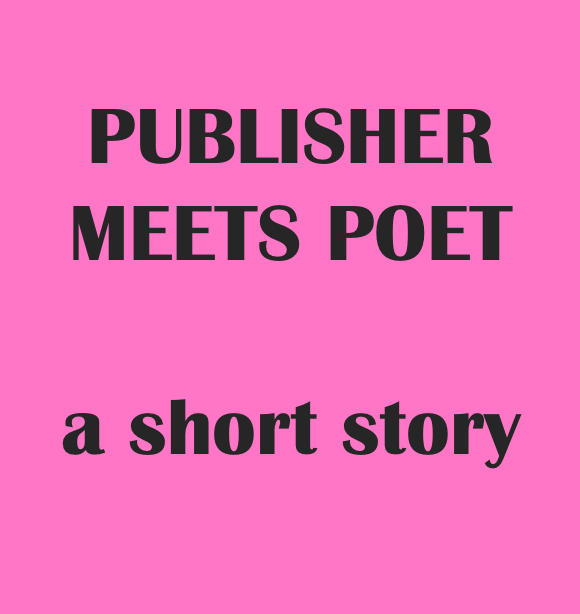
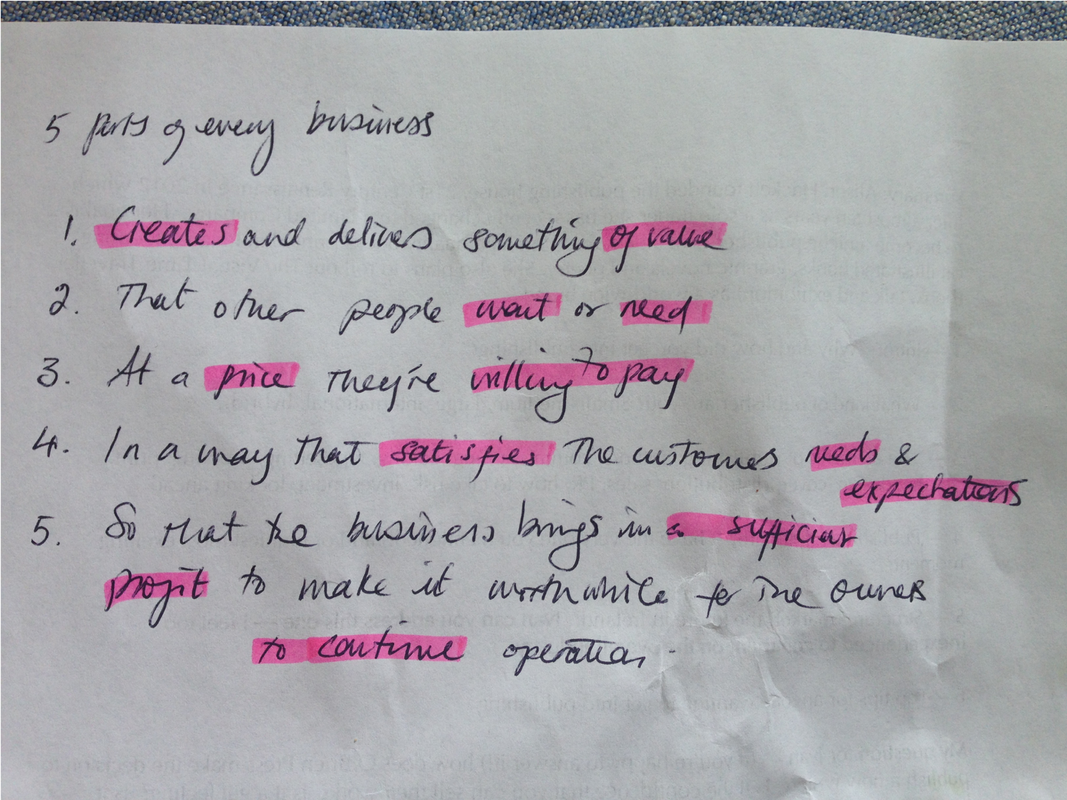
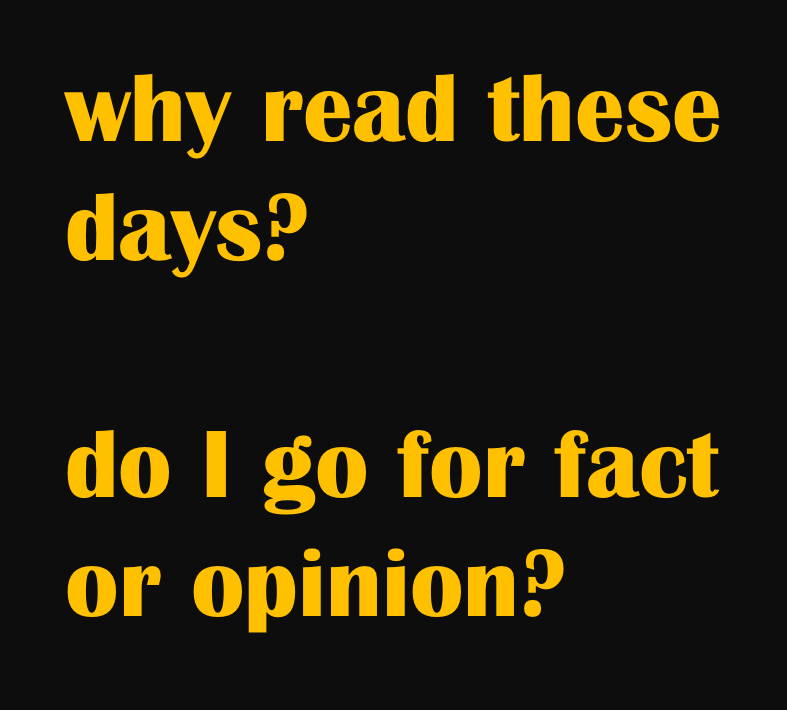
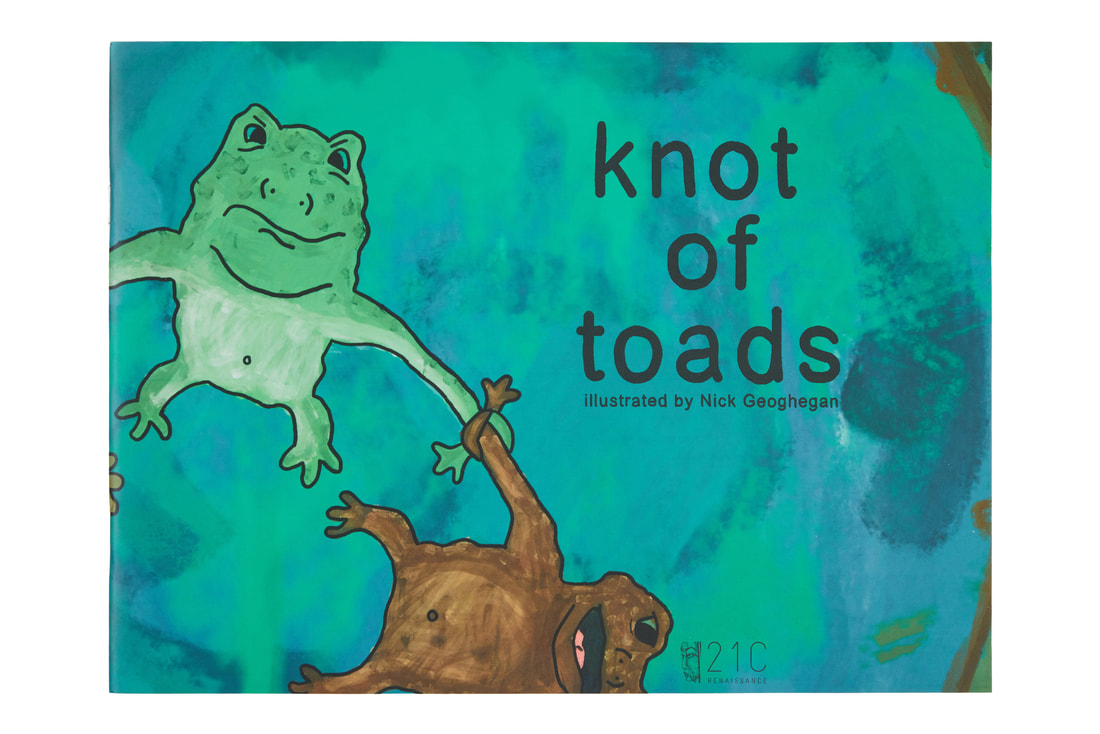
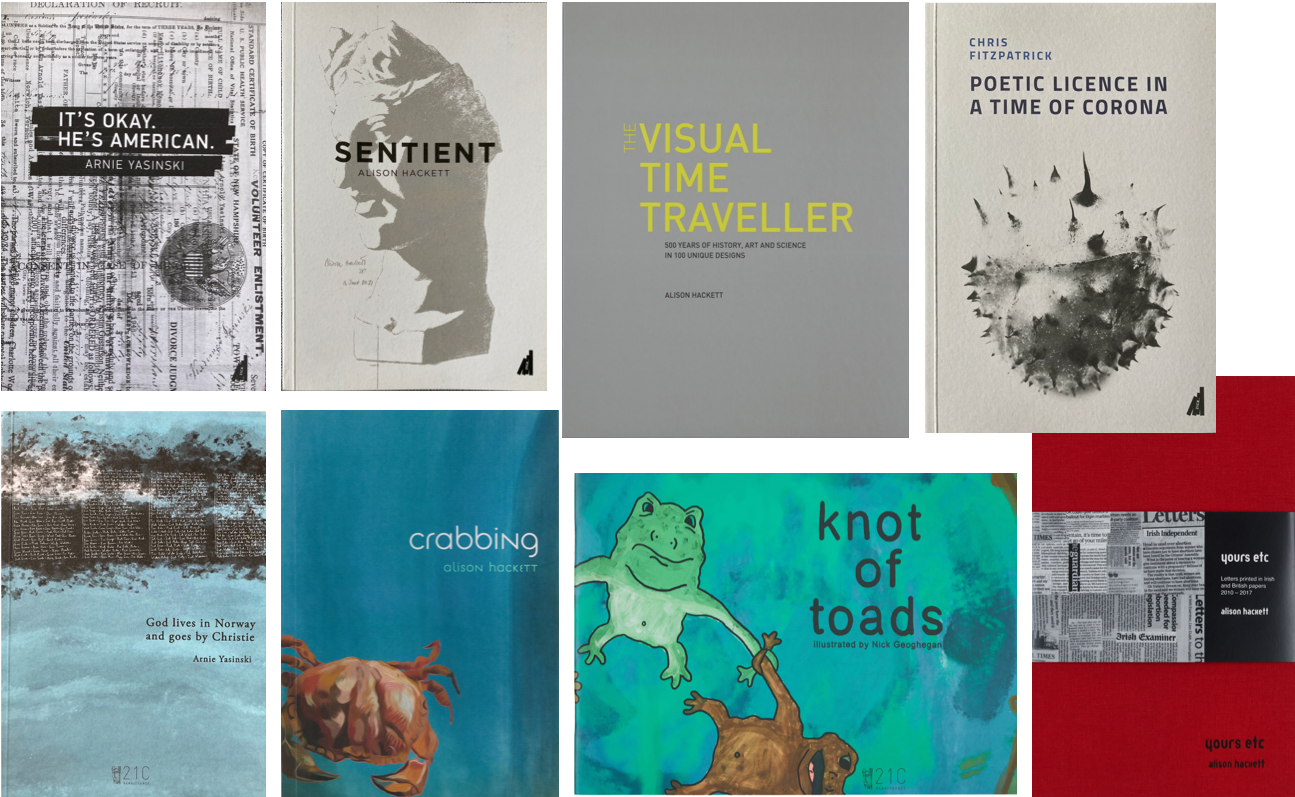
 RSS Feed
RSS Feed